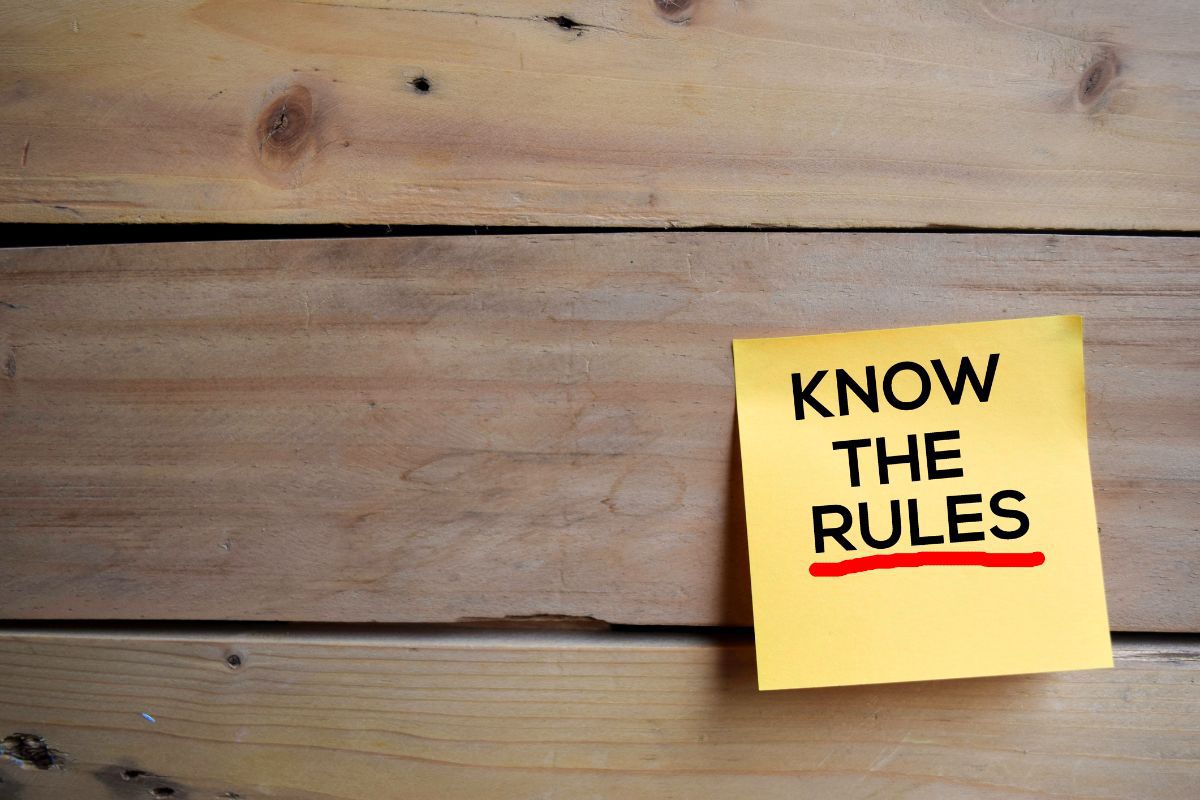Avoiding Malpractice: Office Staff Must Comply With The Ethical Rules

In the last two decades, there has been a growing increase in legal malpractice cases directly attributed to errors made by support staff. Of course, poor relationships with clients are a contributing factor to legal malpractice actions. Support staff may also affect these interactions and must always be careful to observe the ethical rules.
Even if a malpractice claim fails, the litigation of the malpractice matter itself causes an attorney and his or her staff to expend a substantial number of billable hours. Malpractice claims typically create stress, anxiety, distraction, and an uncomfortable work environment.
An attorney’s support staff member is susceptible to mistakes like anyone else, including his or her lawyer boss. Examples of common mistakes include making title search errors, not properly filing verified complaints, and calendaring errors that result in failing to file a complaint within the statute of limitations. Staff members who commit mistakes that give rise to a malpractice grievance or claim may cause their termination.
Rule 5.3 of the California Rules of Professional Conduct Responsibilities Regarding Nonlawyer Assistants (Rule Approved by the Supreme Court, Effective November 1, 2018) reads as follows:
With respect to a nonlawyer employed or retained by or associated with a lawyer:
(a) a lawyer who individually or together with other lawyers possesses managerial authority in a law firm, shall make reasonable efforts to ensure that the firm has in effect measures giving reasonable assurance that the nonlawyer’s conduct is compatible with the professional obligations of the lawyer;
(b) a lawyer having direct supervisory authority over the nonlawyer, whether or not an employee of the same law firm, shall make reasonable efforts to ensure that the person’s conduct is compatible with the professional obligations of the lawyer; and
(c) a lawyer shall be responsible for conduct of such a person that would be a violation of these rules or the State Bar Act if engaged in by a lawyer if: (1) the lawyer orders or, with knowledge of the relevant facts and of the specific conduct, ratifies the conduct involved; or (2) the lawyer, individually or together with other lawyers, possesses managerial authority in the law firm in which the person is employed, or has direct supervisory authority over the person, whether or not an employee of the same law firm, and knows of the conduct at a time when its consequences can be avoided or mitigated but fails to take reasonable remedial action.
Both attorneys and their support staff must avoid ethical violations. While an ethics violation does not necessarily establish malpractice, it may result in a grievance review by the State Bar. The regular attendance of ethics seminars will help support staff members to maintain and update their knowledge of ethical standards.
In 2012, CDTA accepted its first class of students featuring the use of a practical focus on modern legal education that recognized its student body’s need and demand for distance learning. The experience that faculty and staff have gained through this focus has helped the CDTA continue to educate its students without missing a beat through the necessitated quarantine of 2020. The CDTA implements the same comprehensive learning platform as traditional law schools while considering both the traditional and modern needs of law students in 2020. At CDTA, not only do we educate students to be lawyers, but we also train and develop them to be exceptional trial advocates. Call us today at (760) 342-0900 or find out more online here.


